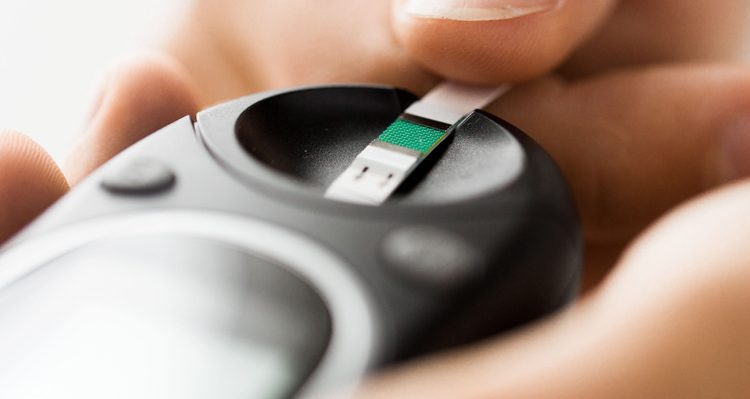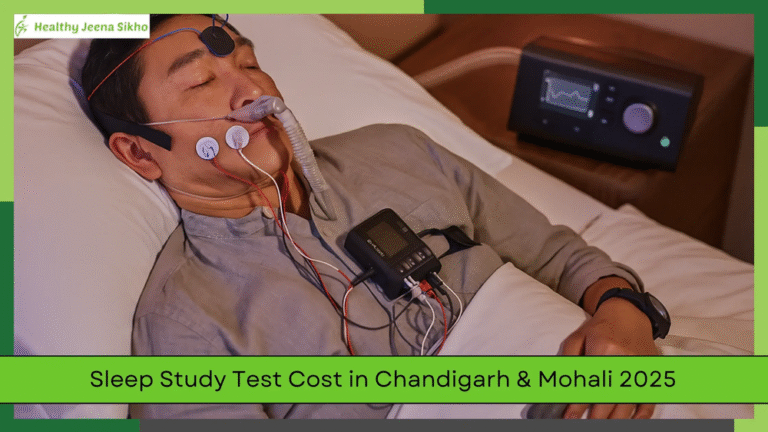

India faces a severe and escalating diabetes burden, driven by rapid urbanisation, lifestyle changes, and increased rates of obesity. But with growing awareness, people are getting inclined towards proactive diabetes management through technology adoption and better access to information. Advancements in artificial intelligence (AI)-driven solutions are also expected to enhance diabetes care in the country. Against this backdrop, India’s diabetes care devices market is set to grow at a compound annual growth rate (CAGR) of around 4 per cent through 2033, forecasts GlobalData.
GlobalData’s research reveals that India accounted for around 20 per cent of the Asia-Pacific (APAC) diabetes care devices market in 2024, driven by a confluence of factors, including a rapidly escalating diabetic population, increased diagnosis, rising disposable incomes, and the adoption of advanced diabetes management technologies.
Researchers at the National Institute of Technology (NIT), Rourkela, have recently developed a novel artificial intelligence (AI)-driven deep learning approach to enhance blood sugar prediction accuracy for individuals with diabetes by analysing past glucose trends.
Shreya Jain, Medical Devices Analyst at GlobalData, comments, “Ongoing research on AI in diabetes management has focused on various AI-driven solutions, such as predictive models for glucose levels, automated insulin delivery systems, and risk assessment tools for complications. However, despite notable advancements, the field still faces key challenges related to lack of transparency, personalisation, and integration with existing systems that require innovative approaches to enhance prediction accuracy and ensure effective implementation.”
NIT’s new AI model surpasses traditional methods by automatically analysing glucose data for precise predictions, eliminating manual adjustments. It can be integrated into insulin pumps for automated delivery, mobile apps for real-time tracking, and clinical systems for personalised treatment.
Jain concludes, “AI represents the future of diabetes management, promising significant improvements in patient outcomes. While current AI applications show great potential, substantial advancements are still needed. Future innovations must focus on achieving accuracy, precision, user-friendliness, and minimal human intervention to fully realise AI’s transformative power in diabetes care.”






